Dr. Stephan Züchner and colleagues at the University of Miami (Drs. Andrea Cortese, Grace Zhai, Andriana Rebelo), along with the Inherited Neuropathies Consortium (INC) – a group of CMT academic experts led by Dr. Michael Shy at the University of Iowa – has discovered a new type of Charcot-Marie-Tooth (CMT): a mutation in the SORD gene that may may affect 60,000 patients worldwide and appears to be the most common autosomal-recessive form. HNF is a member of the INC and Dr. Zuchner is a collaborator with HNF’s Therapeutic Research in Accelerated Discovery (TRIAD) Program.
SORD, sorbitol dehydrogenase, is a protein coding gene. CMT patients affected with this mutation show elevated levels of sorbitol sugar in tissue and blood causing axonal peripheral motor neuropathy. Fortunately, there is a class of drugs called aldose reductase inhibitors that have been used to reduce sorbitol levels in diabetic neuropathy.
As shown in the scientific study, these drugs can normalize sorbitol levels in patient cells and prevent symptoms in a fruit fly model of the disease.
The hope is that clinical trials can get underway relatively fast to bring this potential therapy, the first for CMT, to patients who carry the SORD mutation.
HNF is excited about this ground-breaking discovery and will continue to support Dr. Züchner’s research in accelerating this potential treatment.
In addition to these findings, HNF works closely with Dr. Züchner and The Genesis Project – a large scale genomic data aggregation platform – to collect and curate the Global Registry for Inherited Neuropathies (GRIN) patients and families genomic data. HNF has added the SORD gene to its natural history studies and encourages all patients with SORD and other types of CMT, even if unknown, to join GRIN.





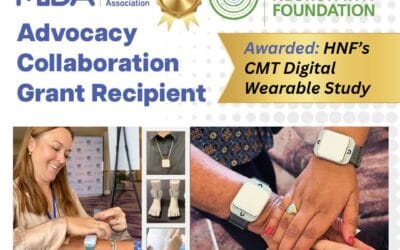
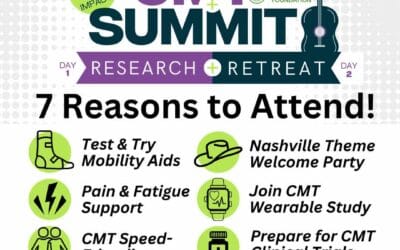
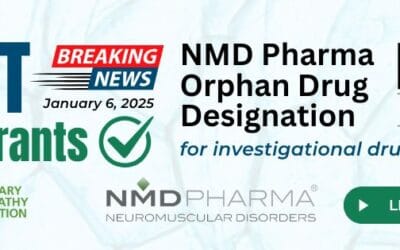

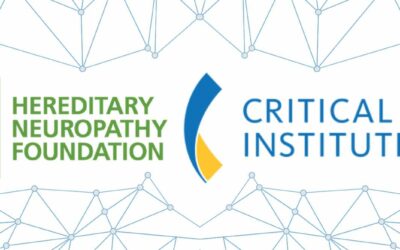
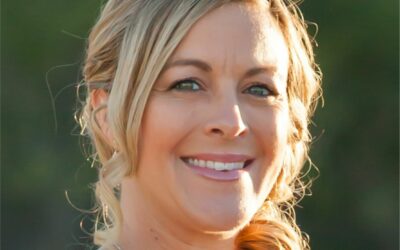
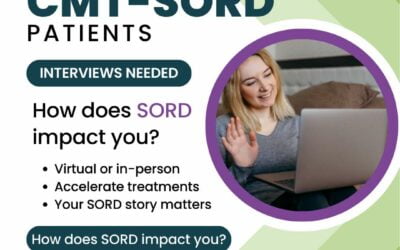
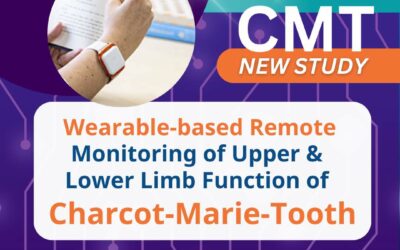
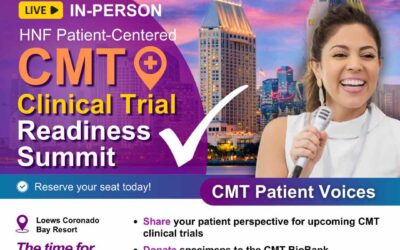
I have CMT2 how can I be kept uptodate regarding this clinical trial ?
Hi,
Please join the Global Registry for Inherited Neuropathies and we will contact you through the platform.
https://www.hnf-cure.org/registry/
How do you find out with CMT if you have the Sorb deficiency?
Thought I was type 1B however very little information what’s new W
I never see anything about CMT 2 Z anywhere. Does anyone know about it?
Thanks
I am writing to you in the hope of some direction for My 17 Year Old Grandson .
We are in a continuing process of a neuromuscular workup on him to get a diagnosis.
His symptoms include deficits lower extremities, bilateral leg weakness, spasticity,
Achilles tendon contractures, abnormal gait, falls, toe walks and foot drop.
Because of these physical difficulties, He can not always walk as fast as needed,
has difficulty climbing stairs, participating in PE , Etc
He is a typical 16 year old , he is embarrassed, he is frustrated with these physical changes .
Dr. Manu Bhargava, Pediatrician, Pineville,LA
Dr. Jeffrey Traina, Orthopedic Surgeon, Leesville,LA
Shriners Hospital Shreveport,LA
Emily Jewell NP
Dr. Lalaina Schexnayder ,Pediatric Neurology in Baton Rouge,LA
Dr. Duane Superneau, Geneticist in Baton Rouge,LA
Our journey has seem to come to a halt with Multiple DNA Samples done at INVITAE
with ‘’No Proven Result’’.
Can you give us any suggestions
We live in Pineville ,LA.
His Insurance is Louisiana Healthcare Connections
Thanks for Your help,
We can help with Genetic testing visit cmtgenie.org.